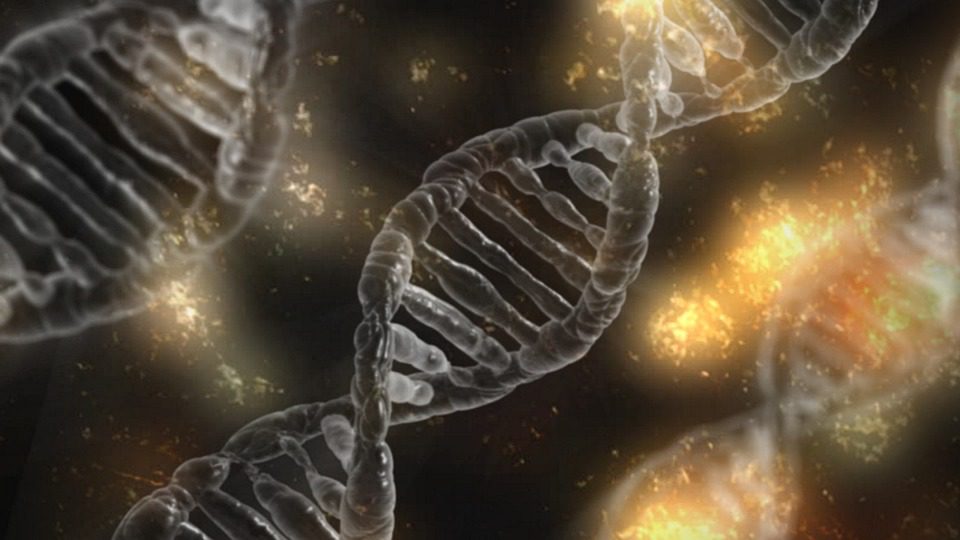According to a study of genetic variability, Darwinian progression may be occurring 4 times quicker than originally assumed. Accelerated evolution occurs when there are more genetic variations in a population, as weaker features die off and powerful ones take hold. It’s a term used by the researchers behind this newest study, who investigated 19 distinct wild animal groupings from across the globe.
As a consequence of these findings, we may need to reevaluate our assumptions about how swiftly creatures develop in the face of climate disruption, a pressing issue in our day and age.
Each field research lasted a mean of 30 years, and all the information of birth, deaths, pairing, and descendants were documented. One was 11 years lengthy and the other over six decades long. More than 2 million hours of observational measurements and each animal’s genetic data were combined for a totaling of 2.6 mil hours of information.
It took 3 years, but the researchers were able to determine how much genes and natural processes had contributed to the evolution of species. Despite Charles Darwin’s initial assumption that evolution was a gradual process, prior studies have revealed that evolution may happen in as little as a few years in certain organisms.
As this is a new study, the scientists stress that there is not sufficient data to indicate that species are developing at a quicker rate now than in the old days. A lot more of this “energy for evolution” is out there than we imagined.
It’s important to know how rapidly creatures can adjust to changing climates in order to predict which kinds will be capable of surviving and which will not.
The fear is that species will be unable to adjust in time as global climate change intensifies. Even more extensive and long-term investigations will be needed to determine how swiftly evolution is actually occurring.














Leave a Reply